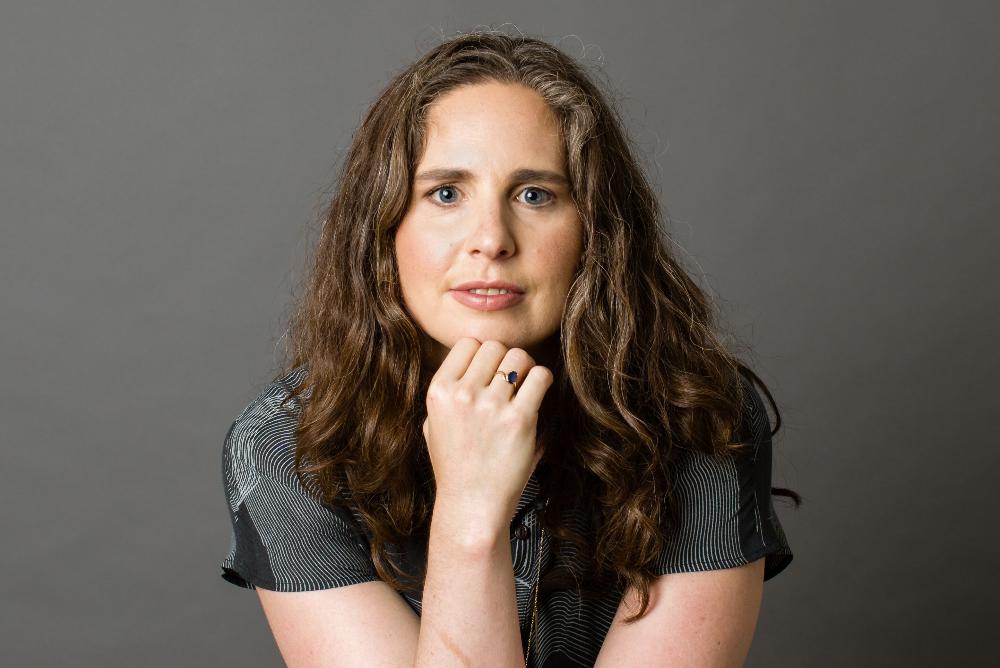W&M Featured Events
[PAST EVENT] Lauren Klein: "Data Feminism"
Location
Integrated Science Center (ISC), Room 1128540 Landrum Dr
Williamsburg, VA 23185Map this location
Access & Features
- Open to the public

As data are increasingly mobilized in the service of governments and corporations, their unequal conditions of production, their asymmetrical methods of application, and their unequal effects on both individuals and groups have become increasingly difficult for data scientists--and others who rely on data in their work--to ignore. But it is precisely this power that makes it worth asking: "Data science by whom? Data science for whom? Data science with whose interests in mind?
These are some of the questions that emerge from what Catherine D’Ignazio and I call data feminism, a way of thinking about data science and its communication that is informed by the past several decades of intersectional feminist activism and critical thought. Illustrating data feminism in action, this talk will show how challenges to the male/female binary can help to challenge other hierarchical (and empirically wrong) classification systems; it will explain how an understanding of emotion can expand our ideas about effective data visualization; how the concept of invisible labor can expose the significant human efforts required by our automated systems; and why the data never, ever “speak for themselves.” The goal of this talk, as with the project of data feminism, is to model how scholarship can be transformed into action: how feminist thinking can be operationalized in order to imagine more ethical and equitable data practices.
Lauren Klein is an associate professor in the departments of English and Quantitative Theory & Methods at Emory University. She works at the intersection of data science, digital humanities, and early American literature, with a research focus on issues of gender and race. She has designed platforms for exploring the contents of historical newspapers, recreated forgotten visualization schemes with fabric and addressable LEDs, and, with her students, cooked meals from early American recipes—and then visualized the results. In 2017, she was named one of the “rising stars in digital humanities” by Inside Higher Ed. She is the author of An Archive of Taste: Race and Eating in the Early United States (University of Minnesota Press, 2020) and, with Catherine D’Ignazio, Data Feminism (MIT Press, 2020). With Matthew K. Gold, she edits Debates in the Digital Humanities, a hybrid print-digital publication stream that explores debates in the field as they emerge. Her current project, Data by Design: An Interactive History of Data Visualization, 1786-1900, was recently funded by an NEH-Mellon Fellowship for Digital Publication.
Contact
Elizabeth Losh, Associate Professor of English at [[emlosh]], Shaun Richards, Equality Lab Graduate Assistant, [[e|sfrichards]], Khanh Vo, Equality Lab Graduate Assistant at [[e|kvvo]]
